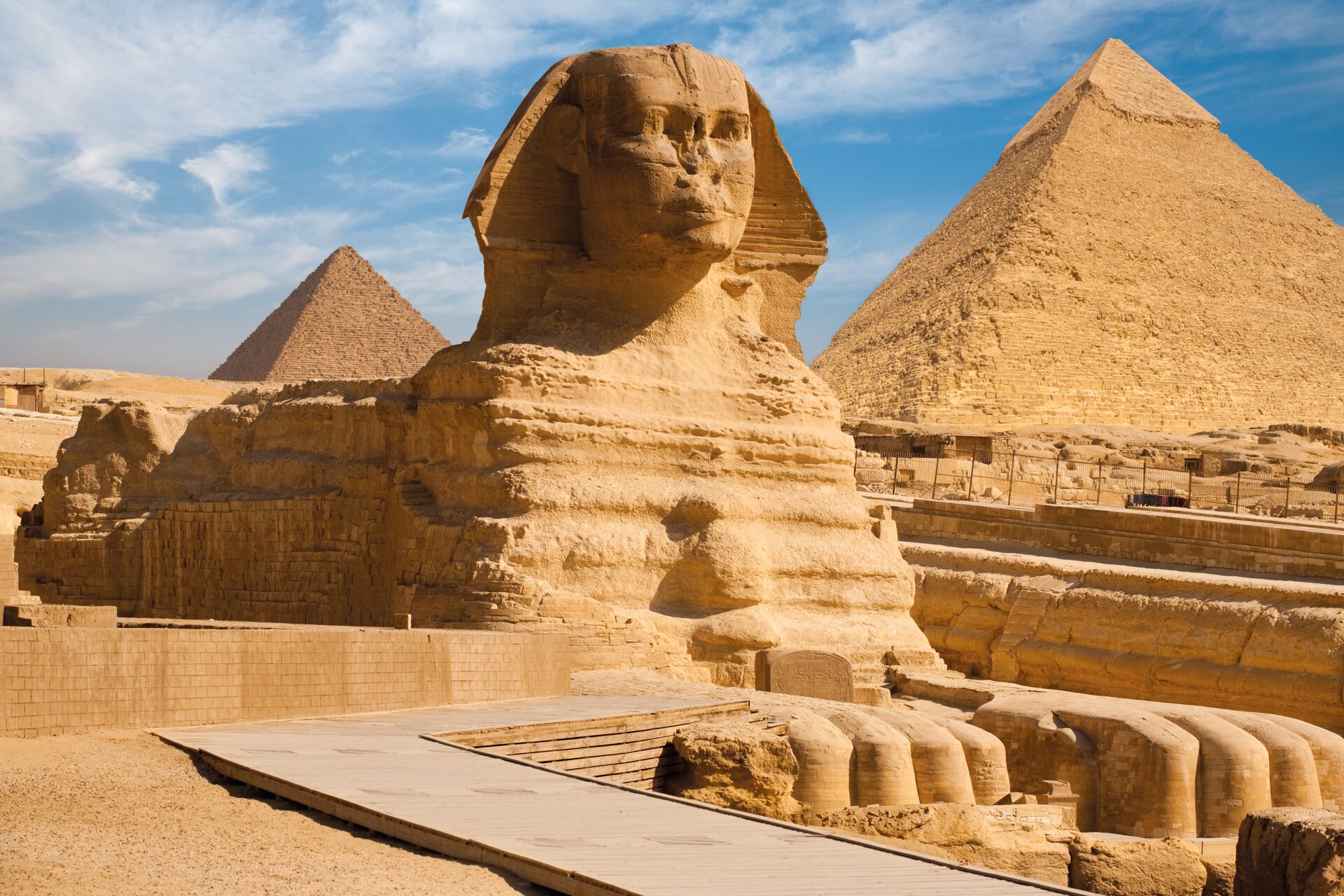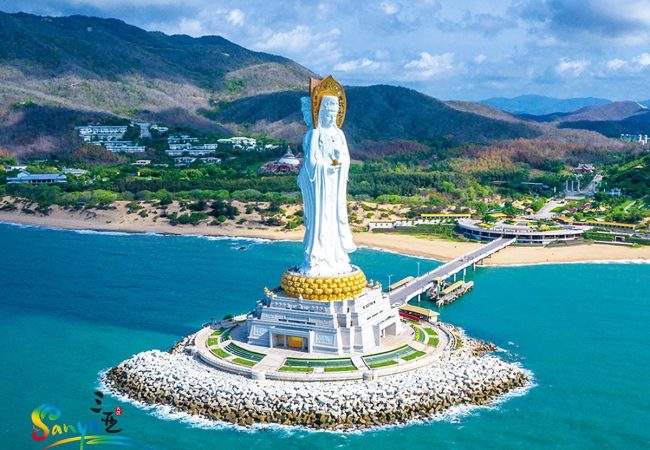Tour Type
Our Destinations
info@homestravel.com.my
EGYPT 埃及
- Home
- EGYPT 埃及
Welcome To Egypt
Egypt is one of the world’s oldest and most influential civilizations, with a history stretching over 5,000 years. The civilization developed along the Nile River, which was central to its agriculture and economy. Ancient Egypt’s history began around 3100 BCE when Pharaoh Narmer unified Upper and Lower Egypt, marking the start of dynastic rule. The Old Kingdom (c. 2686–2181 BCE) is known for the construction of the great pyramids and the Sphinx, while the Middle Kingdom (c. 2055–1650 BCE) saw stability and cultural growth. The New Kingdom (c. 1550–1070 BCE) represented Egypt’s peak, with military expansions, wealth, and famous rulers like Ramses II and Hatshepsut. However, following internal strife and foreign invasions by the Assyrians, Persians, and eventually the Greeks, Egypt became a Roman province in 30 BCE.
After the Arab conquest in the 7th century, Egypt became a key center of Islamic culture and learning. The country later fell under Ottoman control until the 19th century, when Muhammad Ali sought to modernize Egypt. British influence grew, especially after the Suez Canal’s construction, leading to Egypt’s formal independence in 1952. A revolution in 2011 ousted President Hosni Mubarak, leading to political instability, and Abdel Fattah el-Sisi has been in power since 2013. Today, Egypt’s culture is a blend of ancient traditions and Islamic influence, with significant contributions in art, architecture, and literature.
Modern Egypt’s economy is diversified, relying on agriculture, oil, gas, and tourism, though it faces challenges such as political unrest and economic instability. The country remains a major power in the Arab world, balancing its ancient history with contemporary life.
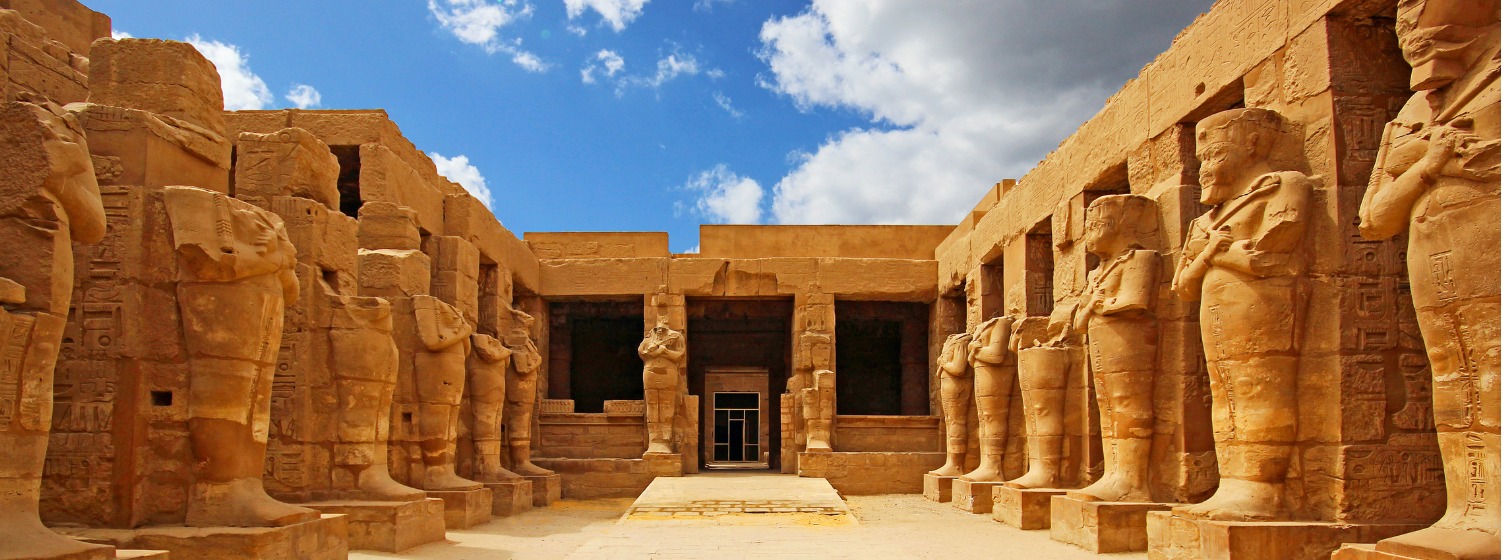
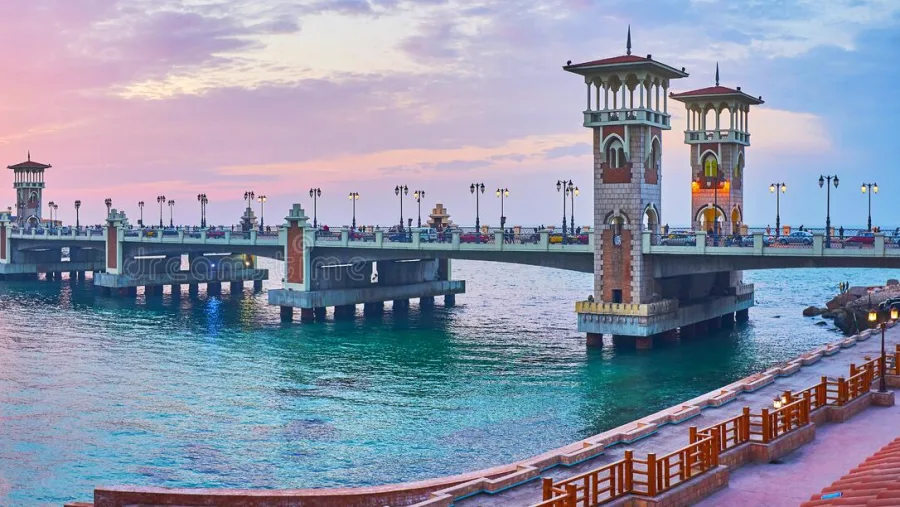
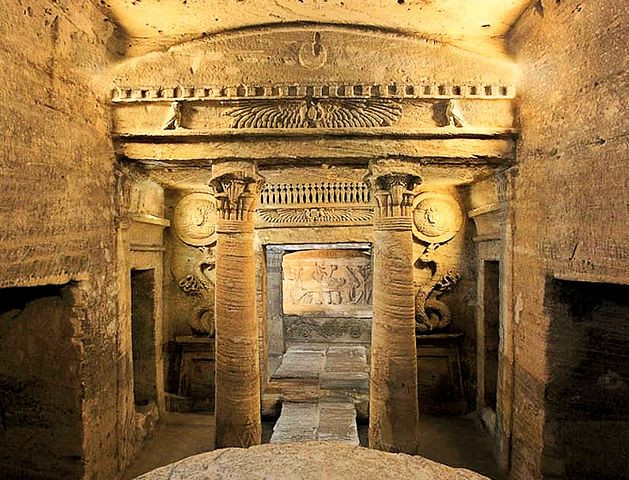
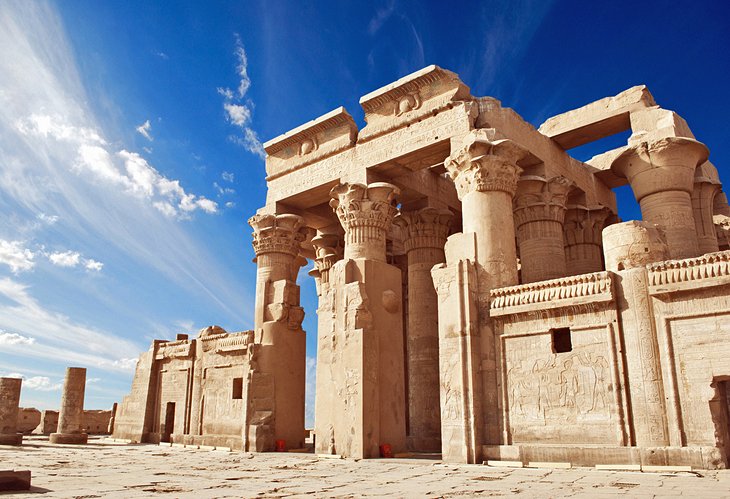

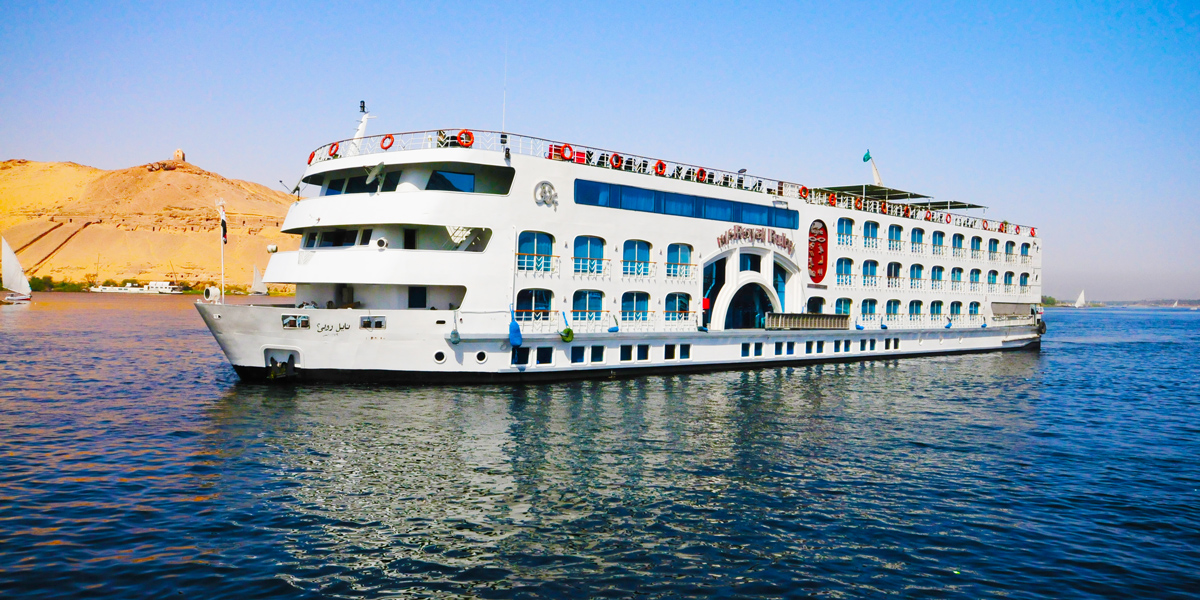
Key Highlights
Egypt is one of the top destinations for travelers due to its rich historical and cultural heritage. For history enthusiasts, the country offers iconic sites such as the Pyramids of Giza, the Sphinx, and the grand temples of Luxor and Karnak, providing a direct connection to the ancient world. The Nile River, which has been the lifeblood of the country for millennia, offers scenic cruises where travelers can explore ancient tombs and monuments along its banks. The capital city, Cairo, is a bustling hub where visitors can explore the Egyptian Museum, home to priceless artifacts like the treasures of Tutankhamun.
Beyond the ancient wonders, Egypt also offers modern attractions, from the vibrant markets of Khan El Khalili to the luxury resorts along the Red Sea in Sharm El Sheikh and Hurghada. The fusion of ancient Egyptian culture with Islamic and modern influences makes Cairo a fascinating mix of old and new. For those looking for a more tranquil experience, the Nile Delta and the coastal areas offer relaxation, while the Sinai Peninsula is famous for its trekking and diving spots.
Egypt’s diverse offerings make it a destination that caters to both history buffs and adventure seekers, with a blend of ancient ruins, Islamic architecture, natural beauty, and vibrant local culture. However, travelers should be mindful of ongoing political and economic challenges, which may affect travel plans, and stay informed about safety and local guidelines.
- Cultural and Historical Landmarks
- Immersive cultural experiences
- Rich cultural heritage and diverse societies
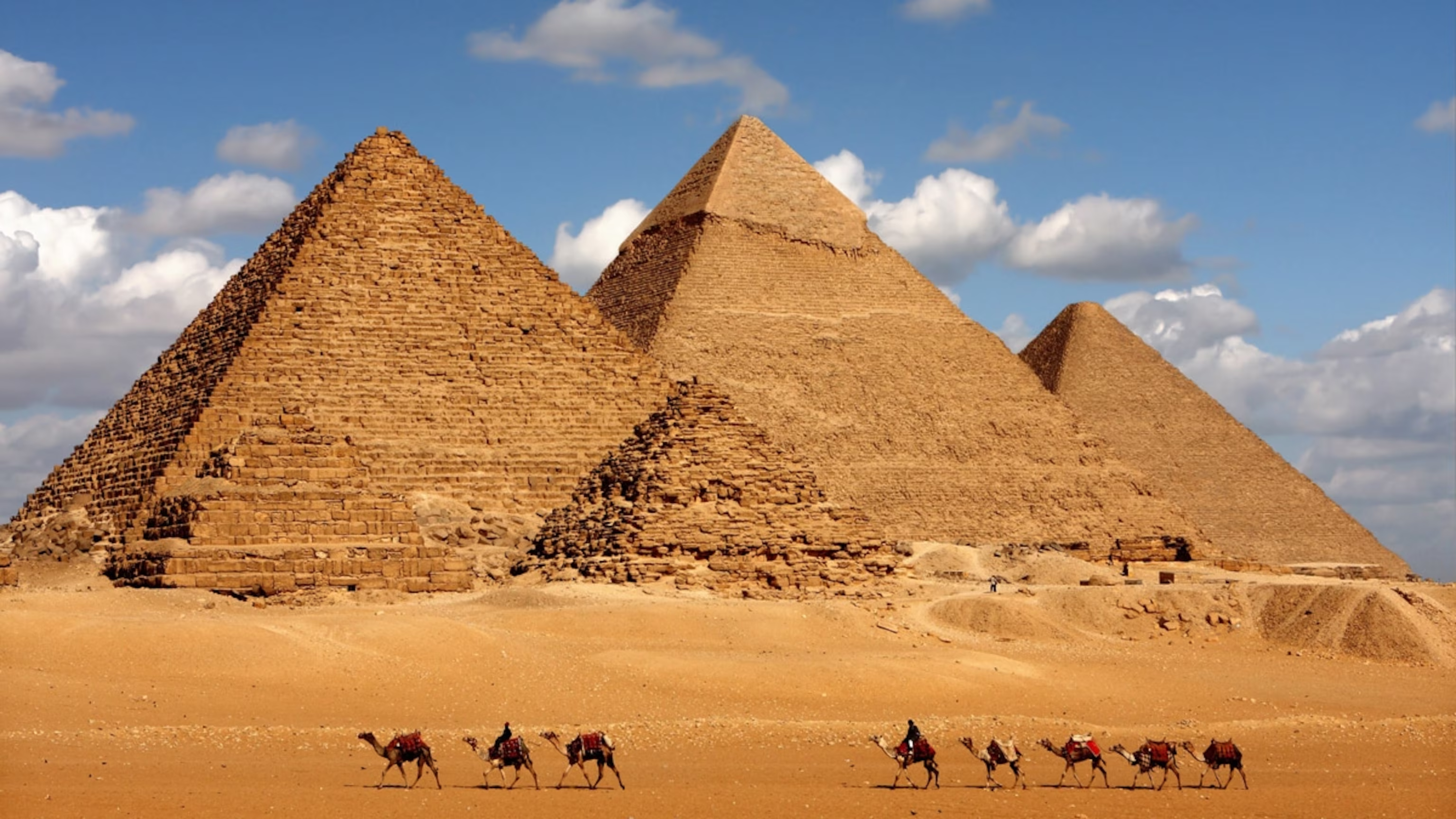
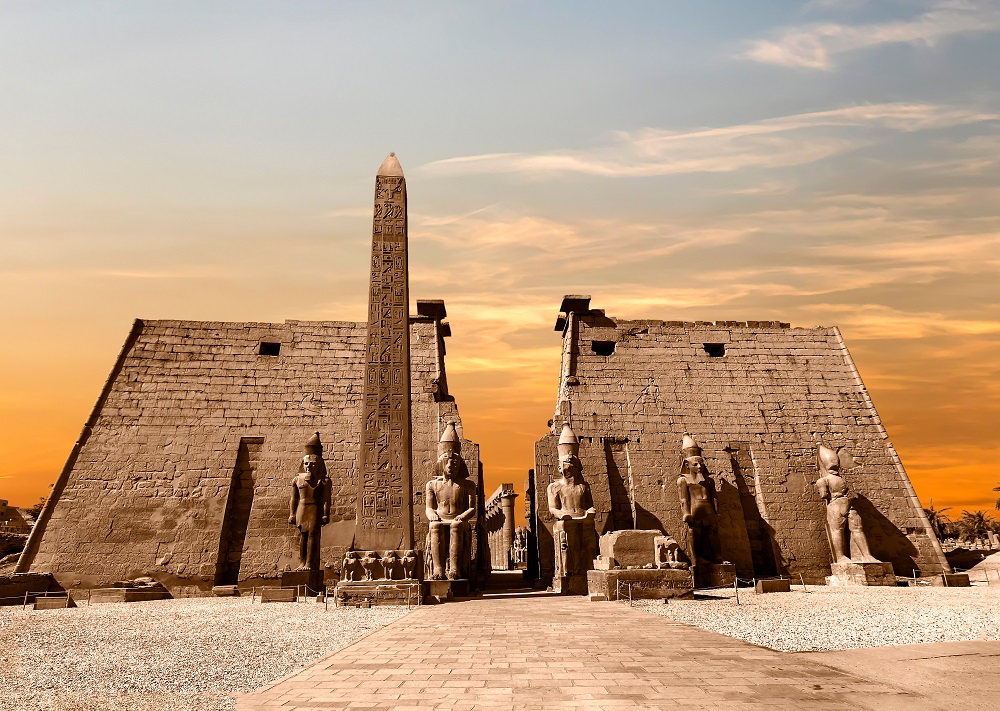
EGYPT 埃及 Location.
Recommended Package
Starting From:
RM1,999TAXES INCL/PERS
Starting From:
RM2,099TAXES INCL/PERS
Starting From:
RM2,599TAXES INCL/PERS
Starting From:
RM2,599TAXES INCL/PERS
Starting From:
RM2,199TAXES INCL/PERS
Starting From:
RM1,799TAXES INCL/PERS
Starting From:
RM1,399TAXES INCL/PERS
Starting From:
RM1,499TAXES INCL/PERS
Starting From:
RM1,799TAXES INCL/PERS


